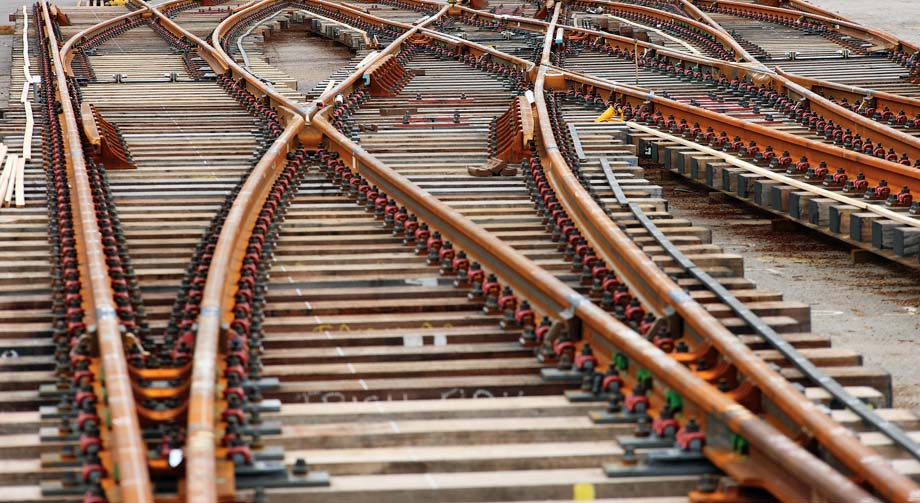
Ottawa Ontario - Americans are about to reap the rewards of a "Made in Canada" budget
that is poised to drive good paying, mainly unionized jobs, stateside.
This is the inescapable byproduct of the Trudeau Government's budget, which proposes to extend regulated interswitching
among railways to 160 kilometres in the Prairie provinces, handing a competitive advantage to U.S. railways, and
hurting Canadians.
At 160 kilometres, U.S. railways can draw traffic from Canada to their American networks, without reciprocity, as
regulated interswitching does not exist in the United States.
One of the United States' largest railways, BNSF, will be an obvious winner on this unlevel playing field.
The company's tracks run right to the border at three strategic points on the Prairies.
You can bet BNSF is eagerly waiting this Canadian regulatory change.
Each carload lost to an American rail carrier means less ability to invest in Canada's rail
infrastructure.
It also means less work for Canadian rail workers.
CN and CPKC and their 27,000 Canadian, mostly unionized employees, will have less traffic to move.
And less available work means fewer jobs.
Why financially incentivize contracting with an American railway instead of CPKC or CN?
Because if shippers use extended interswitching, they will get a below-market rate for the first 160
kilometres.
All a U.S. railway would need to do is come close to matching the Canadian market rate and they would likely get the
business, without having to carry the first 160 kilometres haul at lower, regulated rates.
The effect of this budget measure is to subsidize U.S. railways at the expense of Canadian ones.
The head of the Montreal Economic Institute recently called this a "sad spectacle of
self-sabotage."
I agree.
Extended interswitching distorts markets and puts good-paying unionized jobs in Canada at risk.
It subsidizes American jobs.
Since when is this the Canadian government's role?
More puzzling still, this same government cancelled this exact policy back in 2017, due in part, to the fact that
thousands of carloads were moving from Canadian supply chains to American ones.
Unions like the Teamsters are rightly concerned about a loss of railway and port jobs.
It's why NDP MP Daniel Blaikie and other Parliamentarians questioned government officials and received no
answers.
Certain lobby groups are trying to frame this debate around "integrating" the North American market and
supporting farmers.
 The farm lobby, who else. They're looking for special treatment
at the expense of all other shippers. The feds legislation will force fixed government shipping rates on the
railways, just like the old historic Crow Rate used to do, and that helps no one.
The farm lobby, who else. They're looking for special treatment
at the expense of all other shippers. The feds legislation will force fixed government shipping rates on the
railways, just like the old historic Crow Rate used to do, and that helps no one.
This policy will hurt, not help, farmers.
Just like it will hurt other producers and ultimately their consumers.
Why?
Every switch, or transfer of rail cars between railroads, adds 1-2 days to the average shipping time from the Prairies
to ports.
How does this help supply chains?
Extended interswitching doesn't incentivize competition.
It incentivizes inefficiency.
And it will punish Canadian workers and their families.
Rarely do railways, unions, transportation experts, industry leaders, and others line up to say the same
thing.
In this case, they are.
I hope someone in Ottawa starts listening.
Canadians are already struggling to make ends meet with stubbornly high inflation.
If they start to feel avoidable pain created by misguided federal policy, there will indeed be plenty of blame to go
around.
And it will be aimed squarely and rightly at federal politicians who supported this ridiculous policy of subsidizing
American jobs at our expense.
Mary-Jane Bennett.
(likely no image with original article)
(usually because it's been seen before)
provisions in Section 29 of the
Canadian Copyright Modernization Act.

